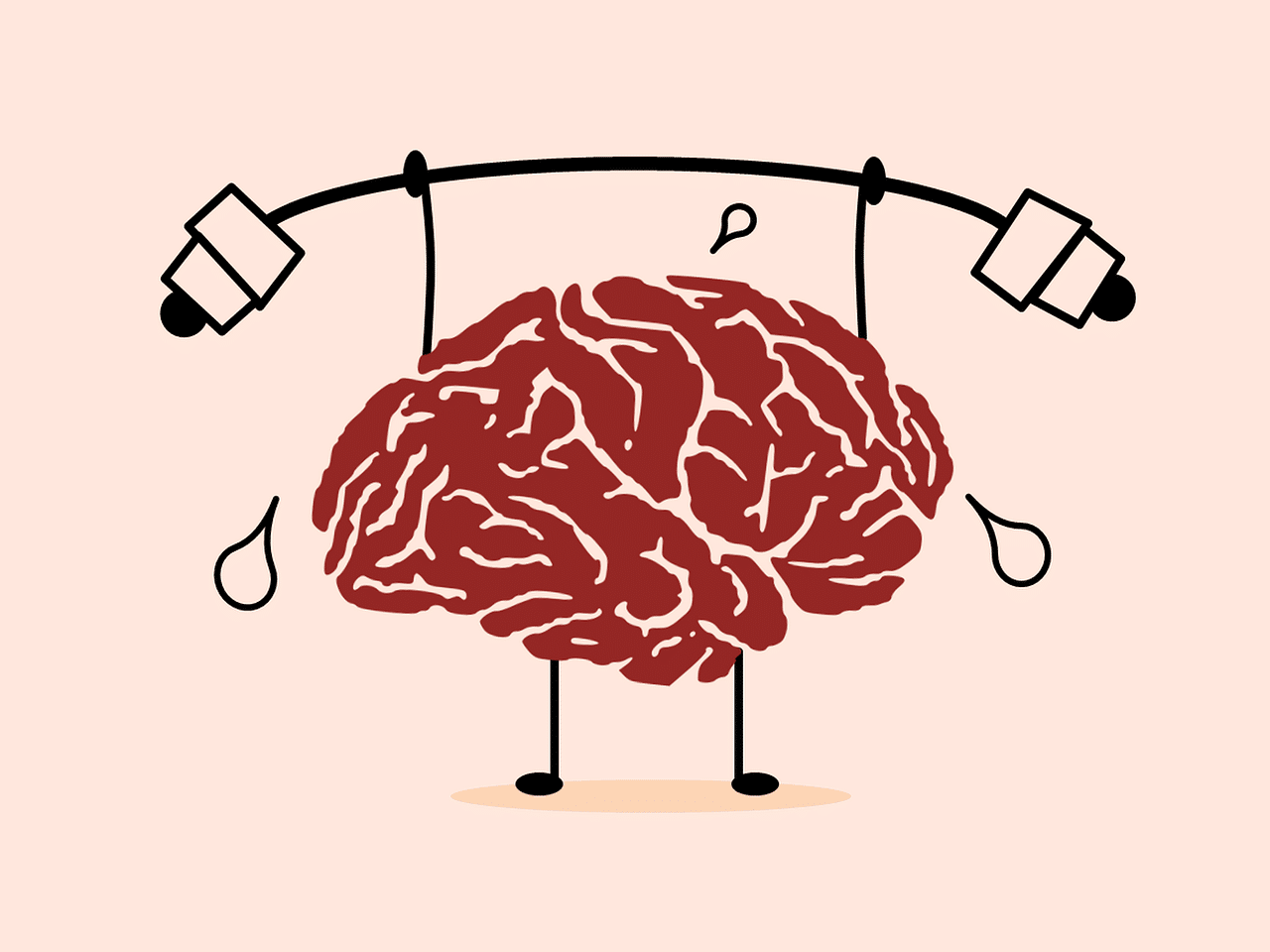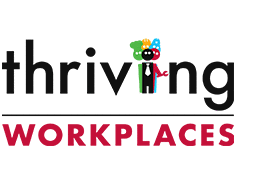
04 May Exercise and your Mental Health
We all know that we should exercise but fitting it in around your work schedule and family commitments can seem like an impossible task. However, we all know that lack of exercise can make you feel tired, worn out, irritable and sluggish. This impacts both your work performance as well as take its toll on other relationships. Exercise does not have to be a daunting experience, and it should be something that you enjoy; there is nothing worse than doing something because you think you have to, not because you want to.
There are so many benefits of physical activity such as better mental health, having a healthy heart, improving our joints and bones, it also releases endorphins and aids in getting a good night’s sleep.
Physical activity is “any movement of your body that uses your muscles and expends energy” (mentalhealth.org.uk). Many people seem to think they have to do strenuous activity for it to count as exercise, this is not the case. It could be going for a walk with a friend, carrying bags up the stairs, doing some gardening, or going for a swim. It is recommended that we do 150 minutes of moderate to vigorous physical activity per week (World Health Organisation 2021).
There are lots of different activities that are available to suit all interests. This could be local walking groups, swimming sessions, table tennis, outdoor or indoor bowls, gardening clubs etc. Not only will you see the benefits physically, but mentally it can make us feel better about ourselves, feeling connected to our community and surroundings, as well as having a sense of purpose and feeling valued.
How does exercise help and mood and stress levels?
Studies have shown that physical activity improves our mood, makes us feel more content and calmer compared to periods of being inactive when mood was really low. When we become stressed our bodies response is to react with a flight or flight response which triggers adrenaline and noradrenaline hormones, raises our blood pressure and increases our heart rate. When we do physical activity when we are stressed, it can be very effective in relieving these symptoms and lowers the stress response.
Not only does physical activity help with our mood and stress levels, if also helps with our self-esteem. Self-esteem is how we feel about ourselves, and how we feel others perceive us. Exercise can improve our self-esteem due to the increase of endorphins (happy hormone which increases feelings of pleasure and wellbeing as well as reduce pain and discomfort).
How can I fit in physical activity?
There are lots of ways you can fit in activity around your work or family. Here are some top tips:
- Embrace your commute and walk where you can
- Take the stairs instead of the lift (steps count too!)
- Get up earlier and set time to do some exercise
- Encourage walking meetings at work – it gets you all up from your desks and will increase productivity!
- Set time aside even if its only 20minutes at a time – every minute counts
- Bike to work
- If driving to work, park further away
- Enroll at a local gym or onsite if you have access to one
- Look at local groups if you’re not wanting to do it alone
Remember – the most important thing is that you enjoy it, so choose something that you are interested in, or that you can do with a friend.


